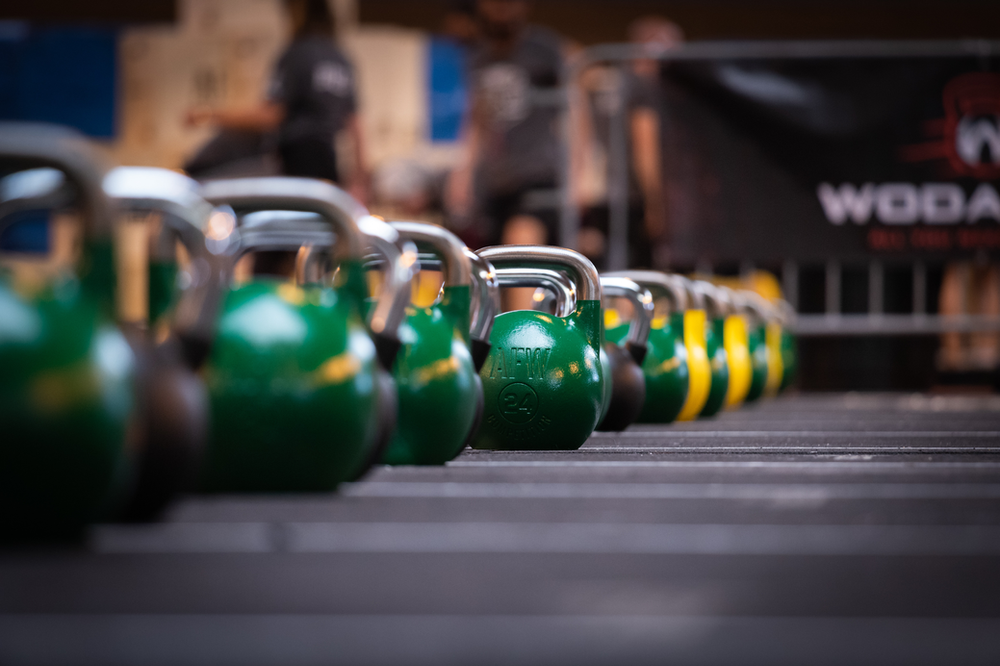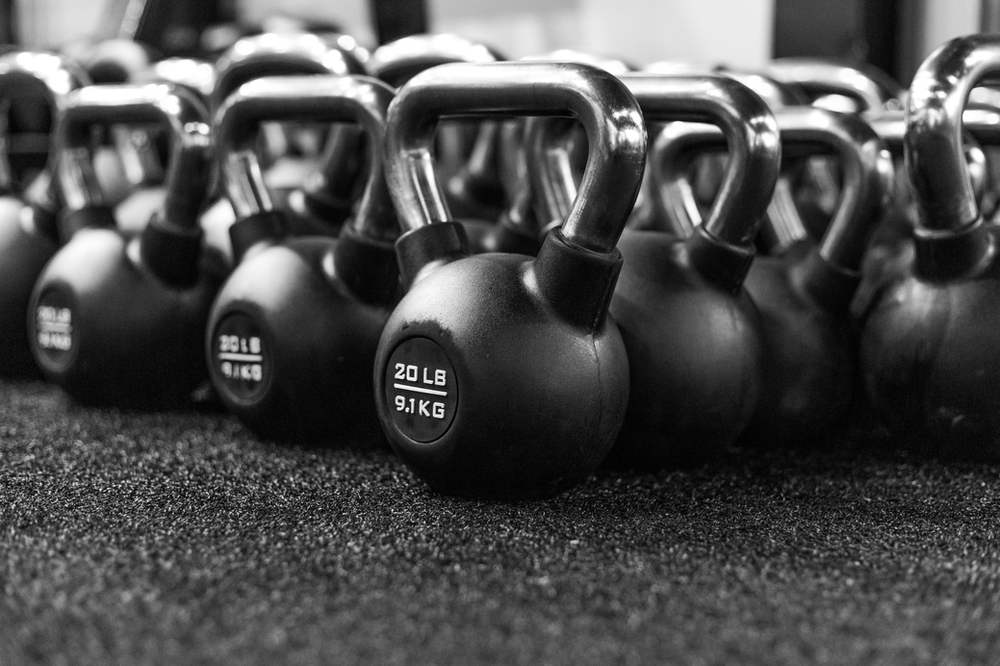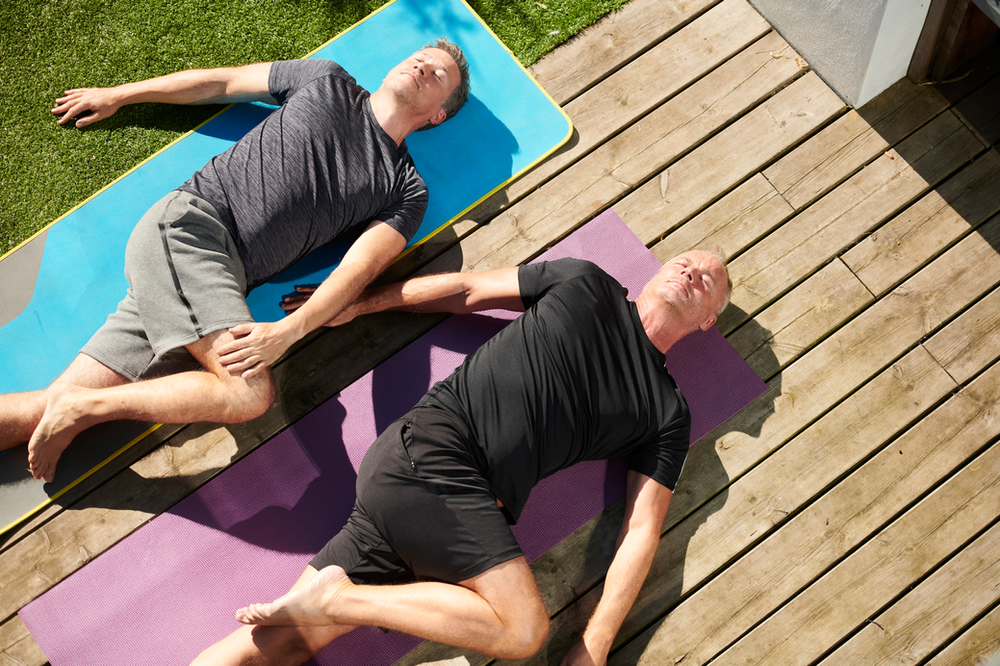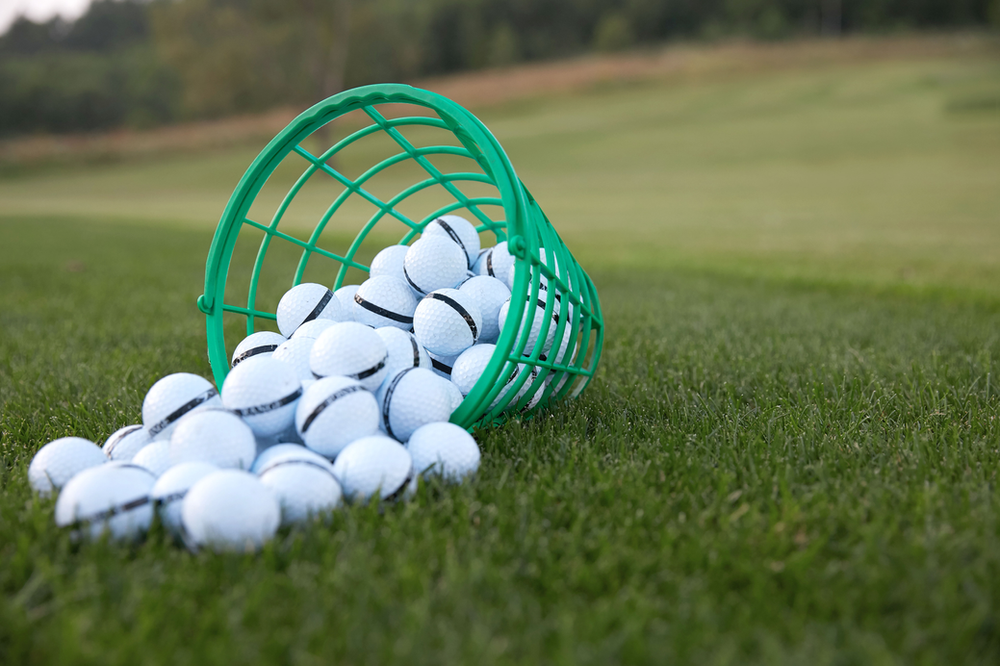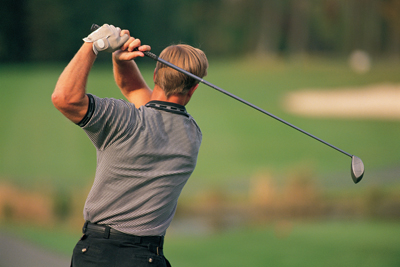Get in touch
(618) 746-9419
AdaptiveFitnessInfo@gmail.com
The Impact of Grip Strength on Distance in Golf: Unlocking More Yards
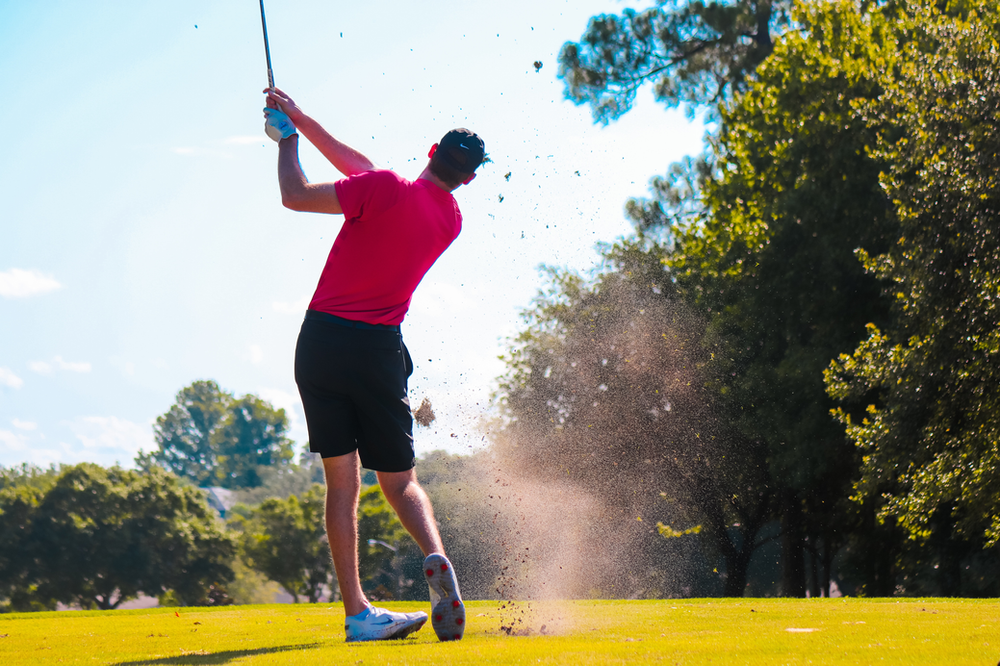
Did You Know?
The average PGA Tour golfer has 40% stronger grip strength than the typical amateur golfer. That’s a significant difference—and it could be a key reason why the pros hit the ball farther and more consistently off the tee.
The Keys to Increasing Distance Off the Tee
When most golfers think about adding yards to their drives, they usually focus on three main areas:
-
Strength and Speed: Building muscle and increasing swing speed.
-
Ground Reaction Force: The power generated through the feet and legs during the swing.
-
Equipment: Optimizing clubs, shafts, and ball technology to maximize distance.
However, one often overlooked element that plays a crucial role is grip strength . Something many amateur golfers miss, especially when influenced by quotes like Sam Snead’s: “Grip the club as if you're holding a baby bird.” In his prime, his grip pressure at 50% would exceed near maximal grip strength of most amateur golfers.
The Importance of Grip Strength for Golfers
Research and data now provide concrete evidence showing how grip strength impacts performance:
-
The average PGA Tour golfer has around 130lbs of grip strength.
-
If you want to carry the ball over 300 yards , your grip strength should exceed 145lbs .
-
World Long Drive competitors push the limits, with grip strengths reaching around 165lbs or more.
These statistics are derived from data gathered by the Titleist Performance Institute (TPI), which studies the biomechanics of elite golfers to optimize performance.
Why is Grip Strength So Important?
-
Control of the Clubface at Impact: When you make contact with the ball, it’s essential to maintain control over the clubface. If your grip strength is insufficient, any interaction with the turf—whether a divot or a slight mishit—can twist the clubface, sending the ball off course. A strong grip helps you keep the clubhead stable through impact, resulting in straighter, more accurate shots.
-
Handling the Forces of the Swing: As you increase swing speed, you also generate more force. This force can cause the club to pull away from you, especially at the top of the backswing and during follow-through. A stronger grip ensures that you stay balanced and in control throughout the entire swing, preventing mishits and helping you transfer maximum energy to the ball.
Breaking Down the Forces at Play
To give you a better understanding of how grip strength is tied to swing speed and power, consider these examples:
-
At 100 mph , an average clubhead generates about 87.5 pounds of force during acceleration.
-
At 150 mph , typical of World Long Drive competitors, that force jumps to a staggering 196 pounds .
If you don’t have enough grip strength to handle those forces, it becomes incredibly difficult to maintain control over the club and produce consistent, powerful shots. This is one of the reasons top golfers and long-drive competitors emphasize grip strength training in their routines.
Grip Strength: A Window into Your Overall Health
Interestingly, grip strength is also recognized as a biomarker of overall health and longevity . It’s often used as a simple yet powerful measure of how active and physically fit a person is. That’s because grip strength is closely related to total body strength and muscle function. If your grip strength is below average, it could be a sign that your overall fitness needs improvement.
Since grip strength is difficult to isolate and train on its own, improving it tends to reflect improvements in your entire fitness routine—from upper body strength to core stability and endurance.
How Does Your Grip Strength Compare?
Curious to see how your grip strength measures up? Our comprehensive golf fitness assessment includes grip strength testing as part of a full evaluation of your power, strength, and mobility as well as vertical jump testing , another key indicator of power, explosiveness and increased distance off the tee(but that's for another blog). Both metrics are crucial for understanding your potential to drive the ball farther and perform better on the course.
Start taking your grip strength seriously, and you may be surprised by the results—both on and off the course.
Citations:
-
Titleist Performance Institute. "Golf Biomechanics and Physical Fitness Data."
Available at www.mytpi.com
-
Titleist Performance Institute. "PGA Tour Grip Strength Averages."
Research provided through TPI Level 3 Certification programs.
Navigation
Contact Info
AdaptiveFitnessInfo@gmail.com
(618)746-9419
All Rights Reserved | Adaptive Fitness Golf Performance
Website By: New-Tie Marketing
